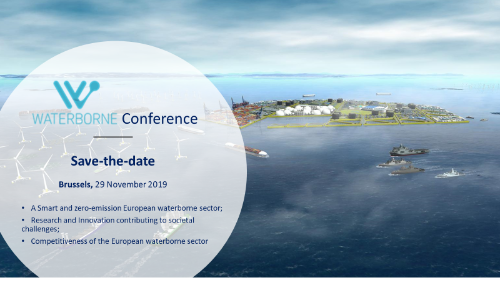FEPORT Newsletter – September 2019
Value Chains and Projects of European Common Interest
The announcements of the President of the Commission, Mrs Von der Leyen about the Green Deal are already a matter of active thinking within many industries and corporations who fully subscribe to the objectives.
An important step for the EU will also be to identify Important Projects of Common European Interest (IPCEI) and value chains of strategic importance to Europe.
Moving for instance from an approach which tends to give priority to individual sectors to one which privileges industries which collaborate, create jobs and value beyond their own “segment” will be essential.
The recent European Commission’s decision to prohibit Siemens’ proposed acquisition of Alstom has triggered a new phase in Europe’s ongoing debate on industrial policy.
There is also a rising worry that other third countries are not playing by the same rules and that Europe’s openness is being used against its own strategic interests.
Finally, there is a realisation that the EU may not have done enough to prepare for digitalisation and decarbonisation, and did not make strategic investments in key areas of R&D.
The EU innovation policy framework has for too long lacked instruments to support disruptive or breakthrough innovation, aimed at creating new markets.
The European Innovation Council may provide “air to fill” market gaps but it will need to scale up as the competition from Asia is fierce and intensifying.
More importantly where R&D funding results will lead to successful innovations, it will be essential to ensure that they will be industrially deployed by EU industries.
Thus, the importance of a more holistic cluster approach regarding R&D which acknowledges the interlinkages between the different stages from research to innovation, and from incubator to corporations.
Multimodal transport projects which connect different modes of transport and allow value creation should be considered as IPCEIs to receive significant support.
Platforms such as the Waterborne Technology Platform which aim at identifying the strategic research and innovation agenda for the EU waterborne sector with respect to decarbonization and digitalization should also be strongly supported.
|
|
|
|
|
|
|
|
|
|
|
|
|
|
|
|
|
|
|











